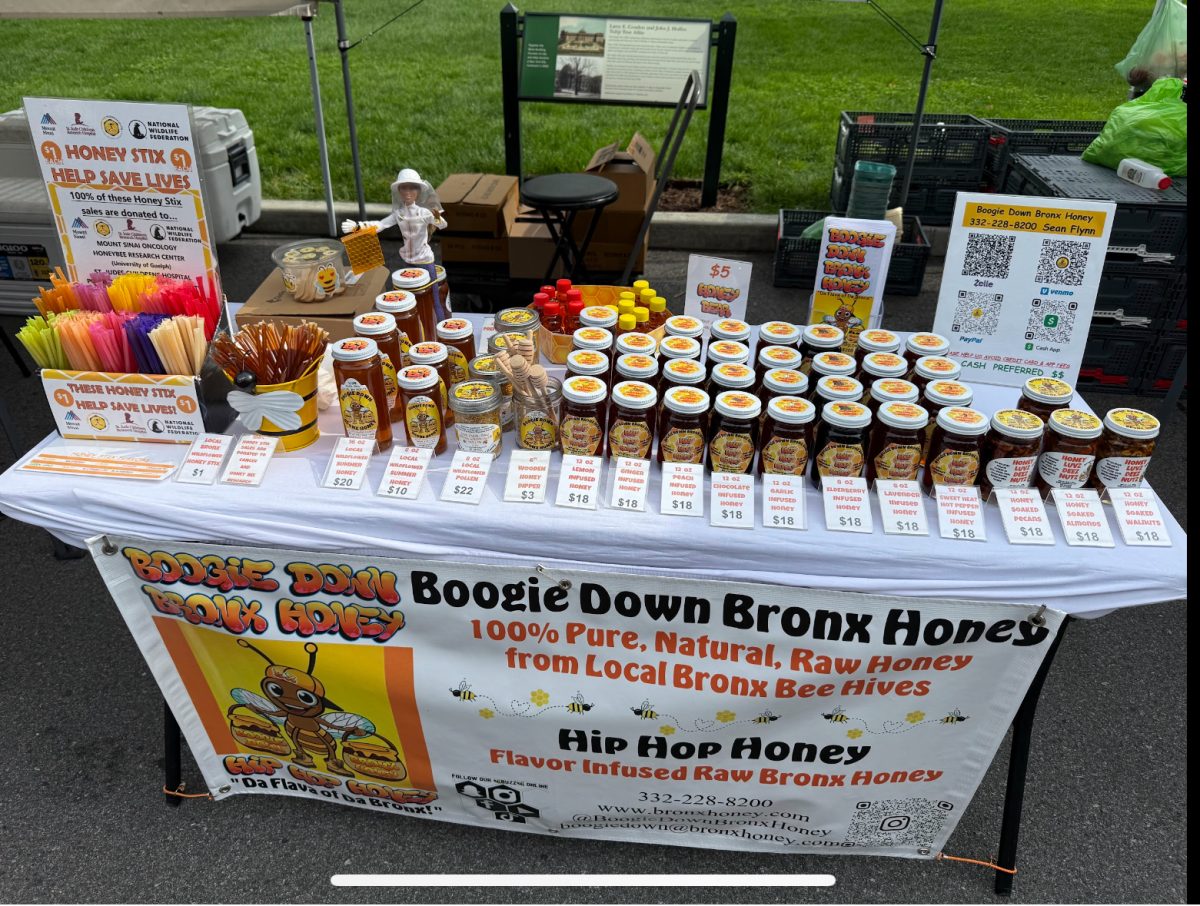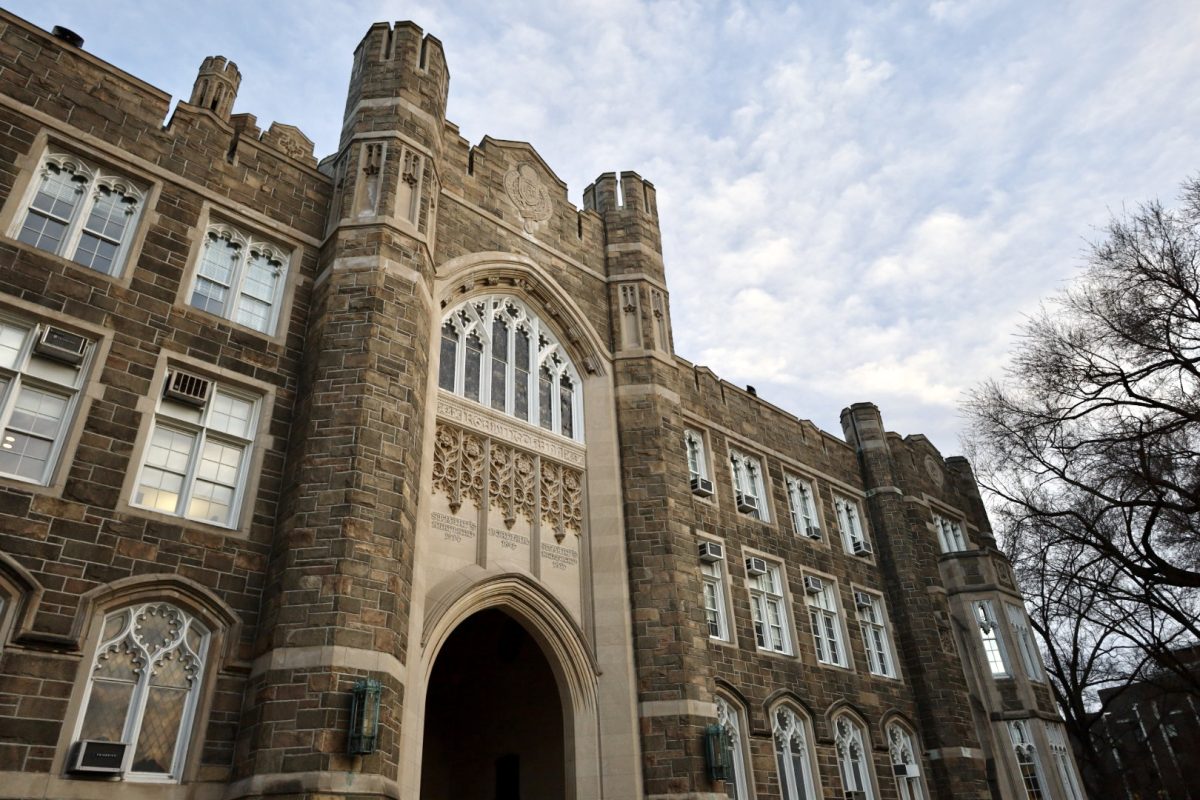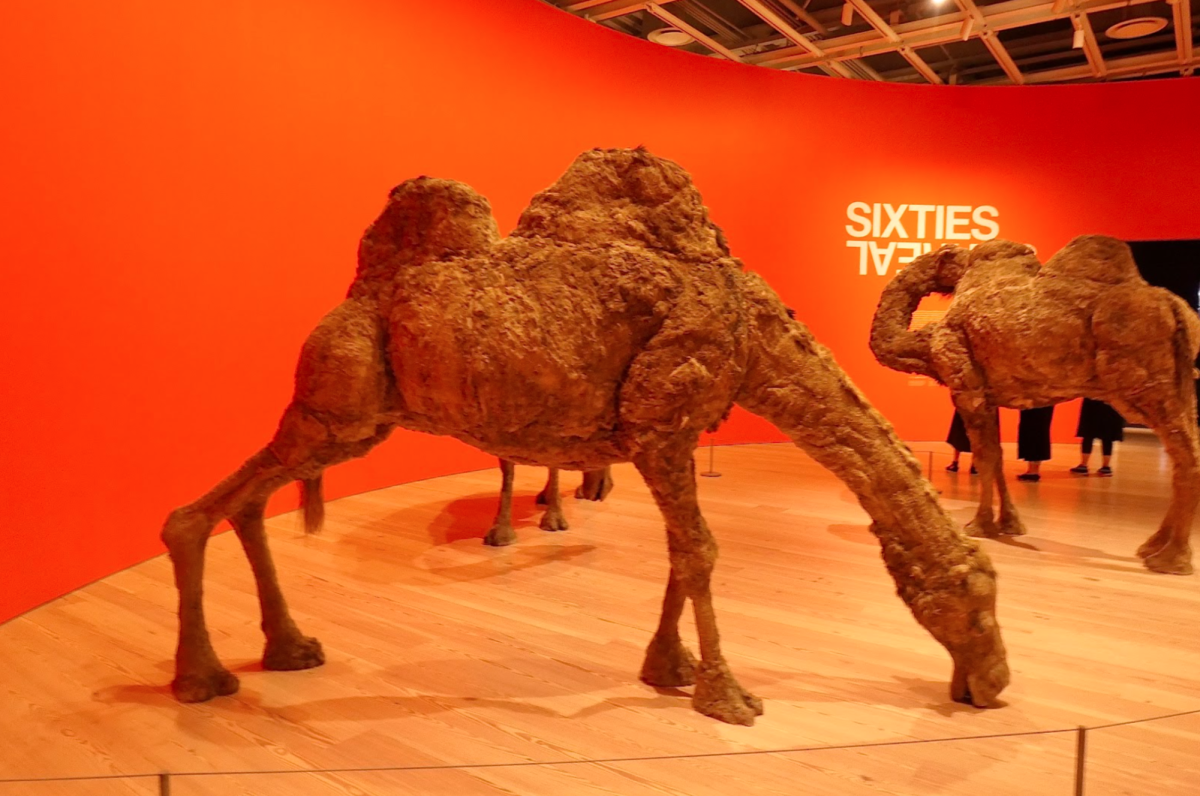“Crazy Rich Asians” by Kevin Kwan is the first novel in the three-book series, followed by “China Rich Girlfriend” and “Rich People Problems.” I have yet to read the other two, but they are next on my list. The first book introduces us to a young American-born Chinese woman, Rachel Chu, who travels with her boyfriend, Nicholas “Nick” Young, to his native home, Singapore, and finds herself suddenly propelled into the cutthroat world of Singapore’s uber-rich.
The novel is based loosely on Kwan’s experiences growing up in Singapore.
In 2018, “Crazy Rich Asians” was adapted into a romantic comedy film of the same name, directed by Jon M. Chu. I watched the movie, and I would say it does not compare at all to the book, as the book has so many more culturally rich descriptions and intriguing characters. The movie does not flesh out the characters, which is understandable as they are limited by time, which is why it is important to read the book.
I found Nick’s family and the ultra-wealthy Asians particularly interesting, as they highlight how wealth often aligns with whiteness or European standards. Beyond its glamorous depiction of Singapore’s elite, “Crazy Rich Asians” also explores deeper themes of cultural identity, wealth and Western influence. The novel subtly reflects the colonial history that shaped modern Singapore, where British rule imposed a rigid racial hierarchy. Under colonial society, white individuals were first-class citizens, Eurasians were second-class citizens and everyone else was relegated to third-class status. This legacy of discrimination continues to influence social and economic structures, mirroring racial wealth disparities seen in places like the UK. After colonial rule, Singaporean identity today is described as a rich amalgamation and hybrid of Chinese, Malay, Indian, European cultures and so on. The book highlights how wealth in Singapore often aligns with whiteness or European standards, reinforcing ideas of status and privilege that persist today.
Nick Young attended the Anglo-Chinese School in Singapore, a private school, where he met Colin Khoo, Nick’s best friend who is getting married, which is the primary reason he and Rachel go to Singapore. Nick is often described as Westernized or British, more so than Singaporean. Something that sets him apart from other regular Singaporeans is the accent he has; when Eleanor, his mother, calls to discuss some things with Nick, he doesn’t pick up, and she hears his voicemail. It is narrated that: “Eleanor was always a little taken aback whenever she heard her son’s ‘American’ accent. She much preferred the normal Queen’s English he would revert to whenever he was back in Singapore.” British accents are often linked to Social status and identity within the elite circles of Singapore. Nick even attended Balliol College, University of Oxford, where he adopted more of a “Queen’s English.” Eleanor perceives his “American” accent as a deviation from what she considers proper. Eleanor’s reaction also reflects a tension between modern globalization and preserving old-money traditions. For Eleanor and the ultra-wealthy Singaporean elite, maintaining a connection to British colonial influence signifies prestige, reinforcing how wealth and social standing are often tied to European ideals rather than local culture. Eleanor often criticizes her son for having a Westernized view, but she is also Westernized. This is evident when Eleanor rejects traditional porridge for toast and marmalade; one of her friends says, “Look at you! You complain your son is too Westernized, and yet you can’t even enjoy a typical Chinese Breakfast.” Eleanor is not alone in this contradiction; many of Nick’s family members display an affinity for British customs, further reinforcing the idea that wealth is linked to European heritage. Rachel, an outsider to this world, even remarks that Nick’s family feels “British” rather than “Chinese.” Rachel comments again when Ah Ma (Su-Yi), Nick’s grandmother, criticizes her son for living in Australia and Nick for remaining in America, “You’ve become far too seduced by Western ways.” Rachel thinks it’s ironic that his grandmother said that since most of the designs of Tyersall Park are designed by European artists, and even the routine of tea time within the house. The characters themselves also embody this British influence. Micheal Teo describes Astrid Leong as British (implicitly), Nick’s cousin: “She didn’t even seem like a true Singaporean—with her English accent and her mannerisms,” making her seem less like a true Singaporean. Rachel describes Oliver T’sien, Nick’s cousin, as having “a British accent” which was “plummier” than the rest.” And Nick’s father, Phillip Yeong, is described as having an accent with “a unique fusion of British, Chinese, and Australian.” This pattern extends across generations — Dr. Gu talks about Sir James Young, Nick’s grandfather, who he met during World War II when Sir Young served as a doctor. He said, “The man said calmly, in a British-accented English…” Upon meeting Astrid’s mother, she is described as speaking “sort of clipped English accent straight out of a Merchant Ivory film.” These examples illustrate how British colonial rule imprinted Singapore’s wealthy elite, shaping their speech, mannerisms and perceptions of status and identity. Despite their cultural roots, many of these characters have internalized Western ideals, reinforcing the idea that wealth and sophistication are often aligned with Britishness.
Kwan’s “Crazy Rich Asians” is more than just a glamorous tale of extravagant wealth and high society drama — it serves as a lens through which readers can explore the lasting effects of colonialism, cultural identity and the intersections of wealth and Western influence. The novel vividly portrays how Singapore’s elite have internalized British customs, accents and ideals, reinforcing the notion that prestige is often linked to European heritage. While Kwan’s primary focus may be on satire and entertainment, these are the deeper things I have noticed throughout the novel that highlight the complexities of cultural identity. By examining these nuances, “Crazy Rich Asians” becomes more than just a romantic comedy; it reflects how history shapes modern perceptions of status and belonging.








































































































































































































